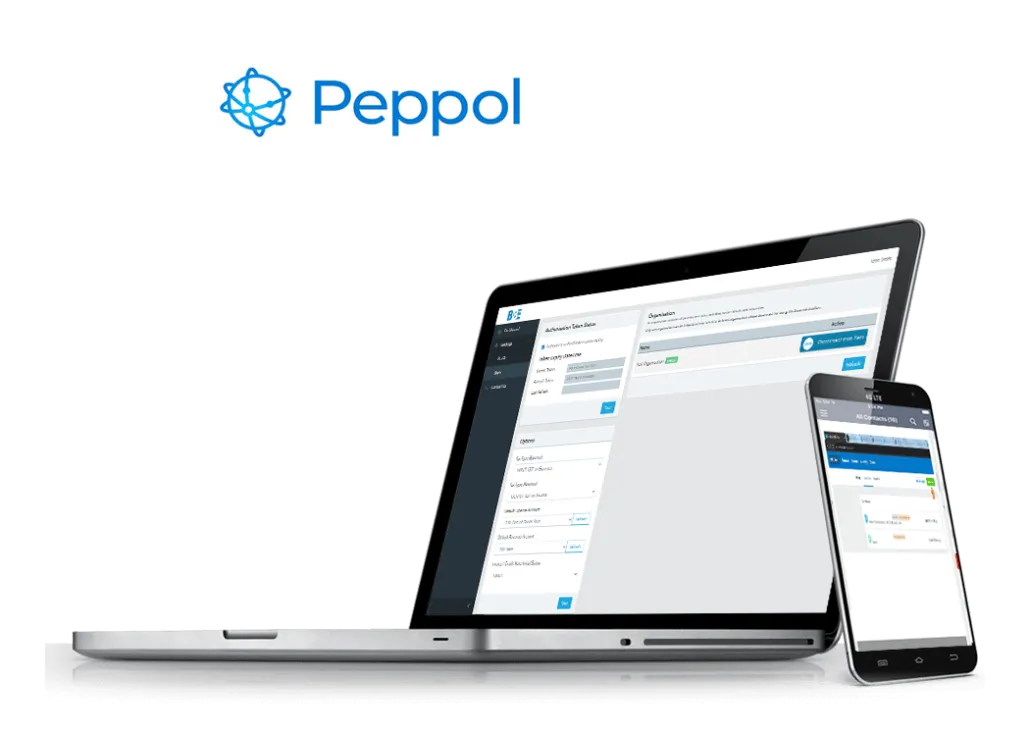e-Invoicing via the PEPPOL network
Royaume-Uni
In an age where digital transformation is paramount, the United Kingdom is at the forefront of revolutionising how public bodies and organisations manage their invoices. e-Invoicing via the PEPPOL Network is reshaping the way the NHS and public bodies conduct their financial operations.
In a future where invoicing is effortless, compliance is guaranteed, and costs are minimised. This vision is now a reality, thanks to e-Invoicing. If your business interacts with public entities, including the NHS, embracing electronic invoicing isn’t just an option—it’s a strategic imperative.
In the UK, while e-Invoicing remains optional for most business-to-business transactions, it’s a non-negotiable requirement when it comes to transactions with public entities.
e-Invoicing regulations in the UK
Using PEPPOL for NHS and public bodies
If you're a business operating in the United Kingdom and your clients include public bodies or the National Health Service (NHS), embracing electronic invoicing is a significant step toward efficiency and compliance. Here's what you need to know:
In the United Kingdom, while e-Invoicing isn't mandatory for B2B payments, it's a requirement for transactions involving public entities.
The choice lies with you when it comes to adopting this transformative practice completely. However, it's crucial to note that using both paper and electronic invoices for the same suppliers or customers, except during testing, is prohibited by HMRC. Once the testing phase is complete, exclusive adoption of either paper or electronic invoices is mandated.
HMRC’s rules for issuing e-invoices in the UK
1. Customer Agreement
Before sending electronic invoices, it’s essential to obtain your customer’s consent to receive them electronically. This agreement ensures that your customer is prepared to receive invoices in a digital format, setting the stage for a smoother invoicing process.
2. Authentication and Data Integrity
To maintain the authenticity and integrity of your electronic invoices, you must have measures in place to verify that the information hasn’t been tampered with. This ensures that the invoice your customer receives accurately reflects the transaction and hasn’t been altered in transit.
3. Readability and Quality
Your electronic invoices should be clear and easily readable. If you’re using PDF format, ensure that the files are of sufficient size and quality to provide a seamless reading experience for your customers.
To meet these requirements, you have several options:
Certified Electronic Signatures
Utilise certified electronic signatures to enhance the security and authenticity of your electronic invoices. These digital signatures provide assurance that the document has not been altered and originates from a trusted source.
Échange de données informatisées (EDI)
Consider using Electronic Data Interchange (EDI), a well-established system for exchanging high volumes of documents electronically. Both you and your trading partners will need to be EDI users to benefit from this method.
Internal Business Controls
Implement robust internal processes and business controls that create a transparent audit trail and safeguard your invoices against improper alterations. This ensures that your invoicing practices maintain compliance and authenticity.
HMRC-Approved Systems
In some cases, you may be able to use other systems that HMRC has approved, as long as they offer a satisfactory level of control over the authenticity and integrity of your invoice data.

By adhering to these HMRC guidelines, you can confidently embrace electronic invoicing, streamline your financial operations, and ensure compliance with UK regulations while providing your customers with efficient and secure invoicing experiences.
How to choose an e-Invoicing solution or software

That's where partnering with a trusted provider comes in. They can help you navigate through these challenges, ensuring not only a solution but also offering valuable guidance along the way.
Your trusted partner in e-Invoicing compliance
B2BE is a PEPPOL certified service provider
If you have any questions or concerns about the e-invoicing mandate, or need assistance with implementing compliant e-invoicing solutions, we're here to help
Contactez-nous dès aujourd'hui pour parler à l'un de nos experts en facturation électronique et faites le premier pas vers la conformité.
Les champs marqués d'un astérisque (*) sont obligatoires.
